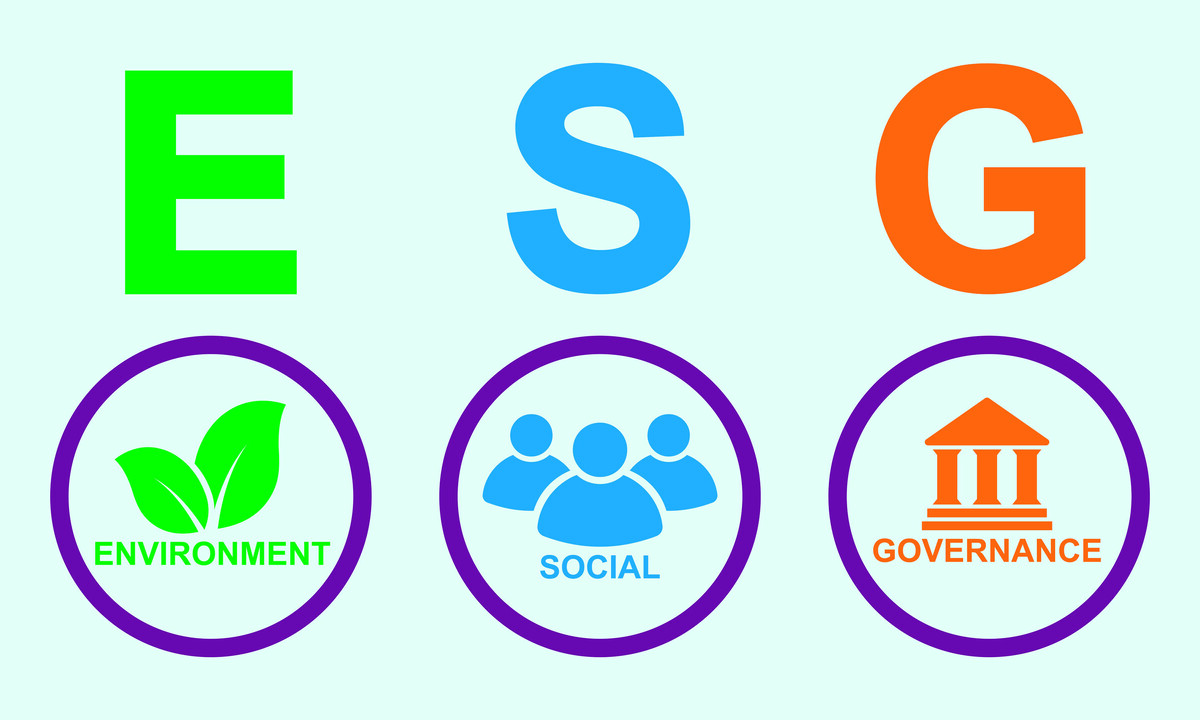
In today’s world, where climate change and social responsibility are at the forefront of global conversations, a new approach to investing is gaining traction: ESG investing. But what exactly is ESG, and why should you consider incorporating it into your investment strategy?
ESG Explained: A Compass for Sustainable Investing
ESG represents Environmental, Social, and Governance, which are attracting the attention of investors who integrate these criteria into their evaluation process to determine significant risks and potential growth. While ESG indicators are typically not included in compulsory financial disclosures, there is a growing trend of companies voluntarily reporting this information in their annual reports or through dedicated sustainability documents. However, there has some countries and territories maintain some form of mandatory ESG disclosure regulation.
Singapore is one of the countries with mandatory regulations requiring ESG reporting, all companies are increasingly required to provide ESG reports. The Monetary Authority of Singapore (MAS) has been advancing its agenda on green financing under the Singapore Green Plan 2030, which includes further requirements around climate-related disclosures. New ESG disclosure requirements were implemented starting from January 2023, mandating ESG funds to disclose information on an ongoing basis and provide yearly updates on the progress of their ESG goals
Some institutions, such as the Sustainability Accounting Standards Board (SASB), the Global Reporting Initiative (GRI), and the Task Force on Climate-related Financial Disclosures (TCFD) are working to form standards and define materiality to facilitate the incorporation of these factors into the investment strategies

Key ESG Factors
- Environmental: This assesses a company’s impact on the planet. Key considerations include:
- Climate change mitigation (reducing greenhouse gas emissions)
- Resource use (water, energy)
- Pollution management (waste disposal, air and water quality)
- Sustainable practices (renewable energy use, biodiversity conservation)
Social: This evaluates a company’s relationship with its employees, stakeholders, and the community. Important aspects include:
- Labor practices (fair wages, worker safety, diversity and inclusion)
- Human rights (ethical sourcing, avoiding conflict minerals)
- Community engagement (social programs, philanthropy)
- Gender equality
Governance: This focuses on a company’s leadership and internal practices. It looks at:
- Board composition (diversity, independence)
- Executive compensation practices
- Risk management policies
- Transparency and accountability (reporting practices, shareholder engagement)
Why invest with an ESG Lens?
There are compelling reasons to consider ESG factors in your investment decisions:
- Align your investments with your values: ESG investing allows you to invest in companies that share your commitment to environmental and social responsibility. You can feel good knowing your money is supporting a sustainable future by investing in companies that have a positive impact on the environment. For example, this applies to some companies that are actively working for decarbonization.
Long-term performance: Companies with strong ESG practices tend to be better managed and more resilient to future challenges. They are more likely to adapt to environmental regulations, attract and retain top talent, and build stronger relationships with communities. Furthermore, companies that embrace ESG principles are often at the forefront of developing sustainable solutions. They are more likely to invest in renewable energy, resource efficiency, and responsible sourcing practices, positioning themselves well in a future increasingly focused on sustainability. Studies have shown a correlation between strong ESG performance and positive long-term financial returns.
- Mitigate risk: Ignoring ESG factors can expose your portfolio to hidden risks. Environmental disasters, social unrest, and poor governance can all negatively impact a company’s bottom line. ESG investing helps you identify and avoid these risks.
Market trends: Sustainable investing is a rapidly growing trend. Investors are increasingly pouring money into ESG-focused funds, driving their growth and potential returns.
Getting Started with ESG Investing
If you’re interested in incorporating ESG into your investment strategy, here are some steps you can take:
- Do your research: Many investment firms now offer ESG-focused funds and research on companies’ ESG performance.
Understand your risk tolerance: ESG investing can involve some trade-offs. Certain ESG-focused funds might underperform the broader market in the short term.
- Align your investments with your values: Decide which ESG factors are most important to you, and choose investments that reflect those priorities.
Seek professional guidance: A financial advisor can help you create a personalized ESG investment strategy that aligns with your financial goals and risk tolerance.
Investing for a Sustainable Future
ESG investing is not about chasing short-term gains. It’s about building a resilient portfolio for the long term while supporting companies that are making a positive impact on the world. As the market for sustainable investing continues to boom, ESG principles are poised to play an increasingly significant role in shaping the future of finance. Remember, conducting your own research and seeking professional guidance are crucial steps before making any investment decisions. However, by taking these steps and considering ESG factors, you can contribute to a more sustainable future while potentially achieving your long-term financial goals.


